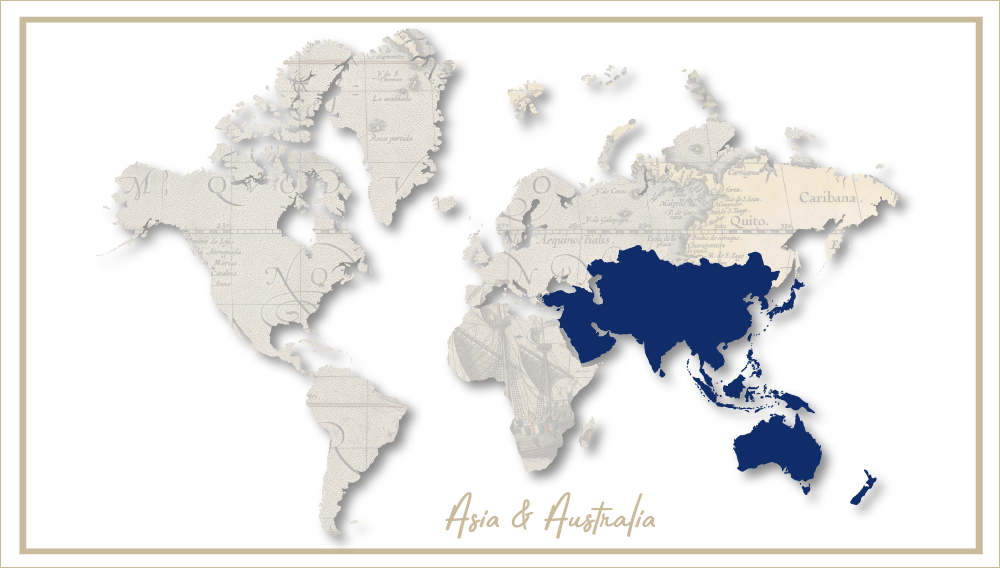Ex-beer and drinks tycoon Vijay Mallya declared “wilful defaulter”
How the mighty have fallen. The state-run United Bank of India on 1 September 2014 became the first lender to declare Vijay Mallya a wilful defaulter, which in the world of business is the equivalent of a persona non grata.
This declaration strips Mr Mallya of the right to borrow from the bank in future. He will lose director-level positions in companies. Criminal proceedings could also be initiated against him if warranted, Indian media report.
The United Bank of India took this step because it suffered heavily from outstanding loans following the collapse of Mr Mallya’s Kingfisher Airlines.
While this move has been expected for some time, several commentators wondered why the bank took so long in declaring him a “willful defaulter”. To them, it was apparent years ago that he had no intention of being held liable for Kingfisher’s dues. However, given India’s complex legal system, Mr Mallya can still challenge this decision in the courts. Many Indians hope he will fail in his efforts.
While Indians took great satisfaction in seeing another Indian brought to – some sort of – justice in the media, they were less sure why the same Indian media had to report at length that Diageo’s Indian-born CEO Ivan Menezes was forced to take a pay cut as a consequence of Diageo’s hangover.
The world’s number one drinks company, which earlier this year acquired majority control of India’s leading spirits maker United Spirits from Mr Mallya’s UB Group, saw sales decline by over 10 percent to GBP 10.3 billion (USD 16.8 billion) in its past financial year (ended June 2014), while profits (EBIT) fell by about 13 percent to GBP 3.1 billion (USD 5.1 billion).
The reasons for Diageo’s drop in sales and profits were plentiful: a price war in the U.S. hit its Smirnoff brand hard. Sales in Nigeria took a dive because of a badly-executed price hike for Guinness, as did sales in Kenya, where the government hiked the tax on its Senator keg beer. Then there was trouble in China, where the government’s clamp down on corruption and officials’ extravagant gift-giving led to a fall of nearly one-third in sales. And finally, the strong pound sterling also took a GBP 350 million (USD 572 million) bite out of profits.
As his pay package is performance-related, Diageo’s CEO Ivan Menezes saw his salary decline in his first year on the top post. He will probably not get any salary hike in the second year as well, Indian media reported in August 2014.
Mr Menezes, who became CEO of Diageo in July 2013, was paid total remuneration of GBP 7.77 million (USD 12.7 million) in the financial year ended 30 June 2014.
This was way below his maximum entitlement of GBP 12.67 million for the fiscal 2013/2014, and also lower than his total pay package of GBP 8.26 million in the previous fiscal 2012/2013 when he served as the company’s COO, Diageo’s annual report shows.
Due to sluggish financial performance in some key markets, the top executives of the company, including the CEO, could earn less than 10 percent of the maximum performance-linked bonus they were entitled to during the last year.
Diageo also said its remuneration committee has decided to freeze Mr Menezes’ salary in the current financial year.

